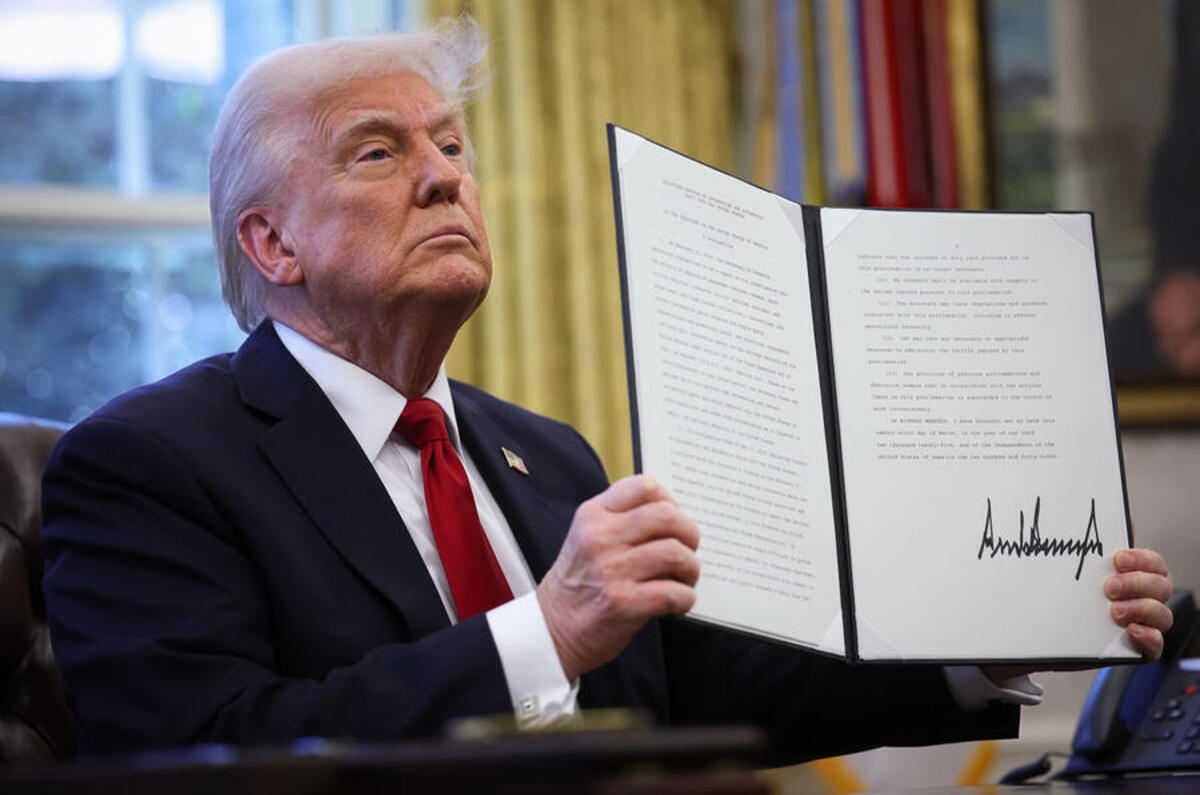Car makers with exposure to the giant US car market are scrabbling for solutions to mitigate the predicated loss of billions in profits as a result of the sudden and highly punitive tariffs imposed by president Donald Trump.
General Motors said it had “pulled out the Covid playbook” in a bid to reduce costs after predicting that it will take a $4-5 billion (£3-4bn) hit on profits this year.




Add your comment